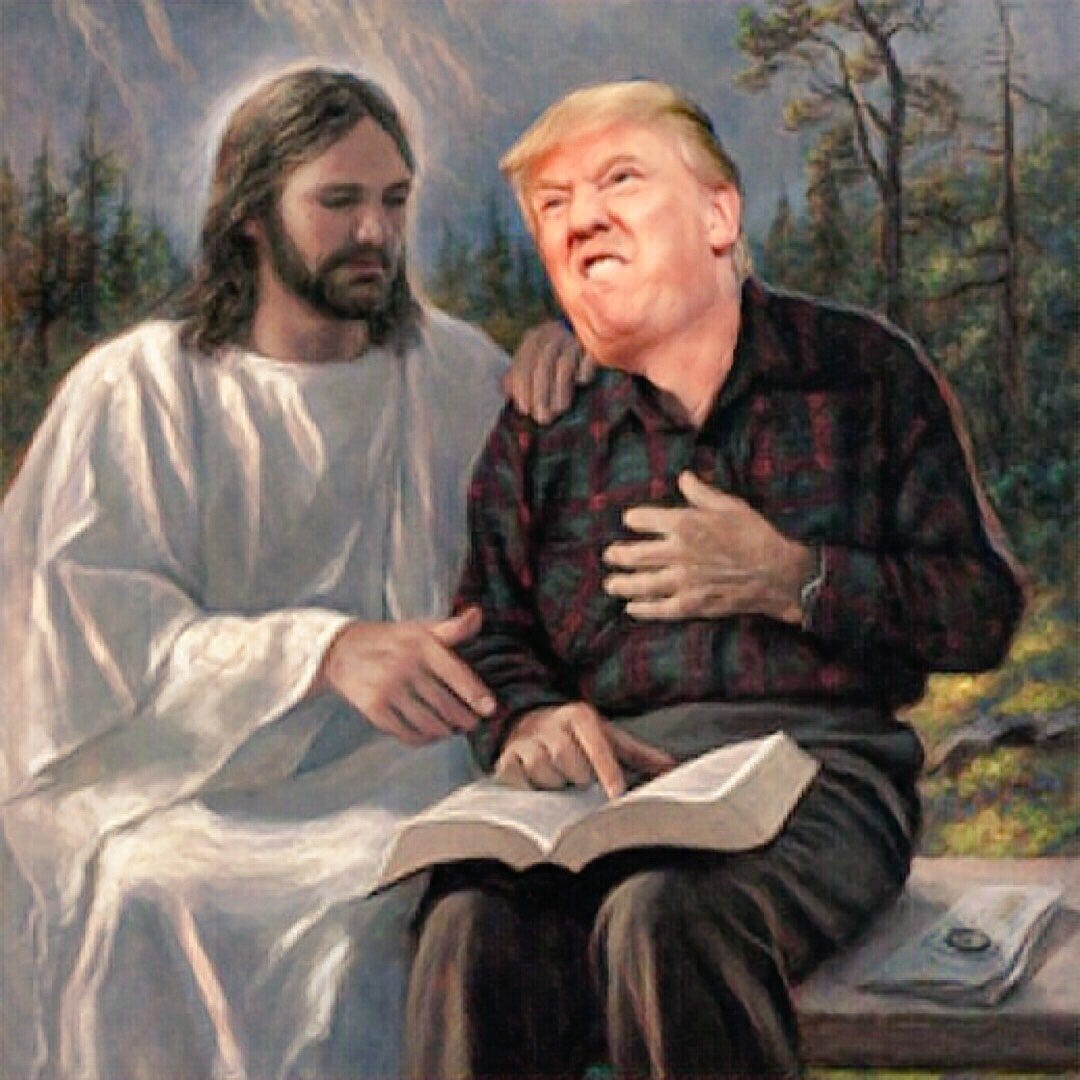Beloved Community
To the extent that we aspire to bear witness to beloved community, our hopes for America, its citizenry, and the rest of the world won’t be dictated by any government or political party. Beloved community is a call to embody a more comprehensive patriotism wherever we find ourselves. Like discipleship, the practice of democracy is a widening of our capacities for moral awareness and an expansion of our sphere of respect. If we have a steadily narrowing vision of people to whom we’re willing to accord respect or if the company we keep is slowly diminishing to include only the folks who’ve learned to pretend to agree with us, we can be assured that we’re in danger of developing around ourselves a kind of death cult, a frightened, trigger-happy defensiveness that is neither godly nor, in any righteous sense, American. Or as one of Ursula K. Le Guin’s characters famously asked, “What is love of one’s country; is it hate of one’s uncountry?” Might beloved community come to serve as a norm, the core ethic of what we mean when we speak of America as a hope?
In such dreams begin deep responsibilities. Beloved community is an enlarged sense of neighborliness that strives to maintain “neighbor” as an ever-widening category, even when the neighbor appears before us as a threat or an enemy. The injunction to love the neighbor in the minute particulars of speech and action has never been an easy one, but it might be the nearest and most immediate form of patriotism available to any of us. It is also the one vocation that, if neglected, will lead to the forfeiting of any and all soul.
The terminology of beloved community wasn’t available to Henry David Thoreau when he published Civil Disobedience (1849) and Walden (1854), but his witness exists along a trajectory of prophetic artfulness that includes Jesus, Tolstoy, Gandhi, Dorothy Day, Fannie Lou Hamer, and that eventually takes us to Selma, athletes kneeling during the national anthem, and Bree Newsome reciting a psalm while climbing a pole in Columbia, South Carolina, to remove the Confederate flag Nikki Haley wouldn’t. Thoreau argued that our responsibilities to ourselves and others include all the ways we’re complicit in unrighteous norms. We aren’t responsible only for our own ideas; we’re responsible for the conflicts we avoid to more effectively get by, the lies we allow others to voice and propagate unchallenged in our presence. He worried over all the ways he played along and didn’t raise a fuss in the face of the terrors his government enacted and aided and the subtle fashion in which his own behavior, by proving polite and acceptable, abided injustice: “The greater part of what my neighbors call good I believe in my soul to be bad, and if I repent of anything, it is very likely to be my good behavior. What demon possessed me that I behaved so well?”
Overcoming the impulse to play long along to get along (the drive to cave to deferential fear) is what Congressman John Lewis refers to as “good trouble,” that disruptive social newness we undertake when we recall that we need never resign our consciences to legislators, law enforcement officers, or those who accrue cred and coin through creating, pushing, and perpetuating disinformation. If we aren’t agitated by the abuse being carried out with our presumed consent, we aren’t paying attention. but the question is always this: What do we do with our agitation?
Happy 4th, everyone.
Editor’s note: The image above is the work of my friend and mentor, Stephen Mason.


“Blind faith in any institution does not make one honorable.”
—Ro Laren, Star Trek Picard, s03e05
This one pierced me like an arrow. Having played the part of the “angry activist” for many years, fully engaged in the oppositional and dualistic paradigm of “us vs them” (we, of course, being the good guys and the somewhat vague and amorphous category of “they” the bad- usually involving the manipulations of corporate entities and dark money), I nearly castrated my own psyche trying to move the other way and subdue my moral outrage. Maybe I have found some needed balance, but your writing on this theme was a direct hit, and a direct call to action for me to not mistake fear-based suppression / complacency / surrender with genuine peace.
Your writing is brilliant. The Thoreau quote was perfect. I’m back in school and cannot afford to support you now, but I greatly respect and appreciate your work and your insights.